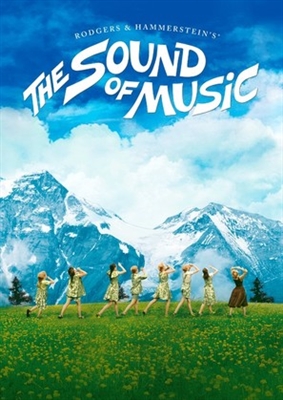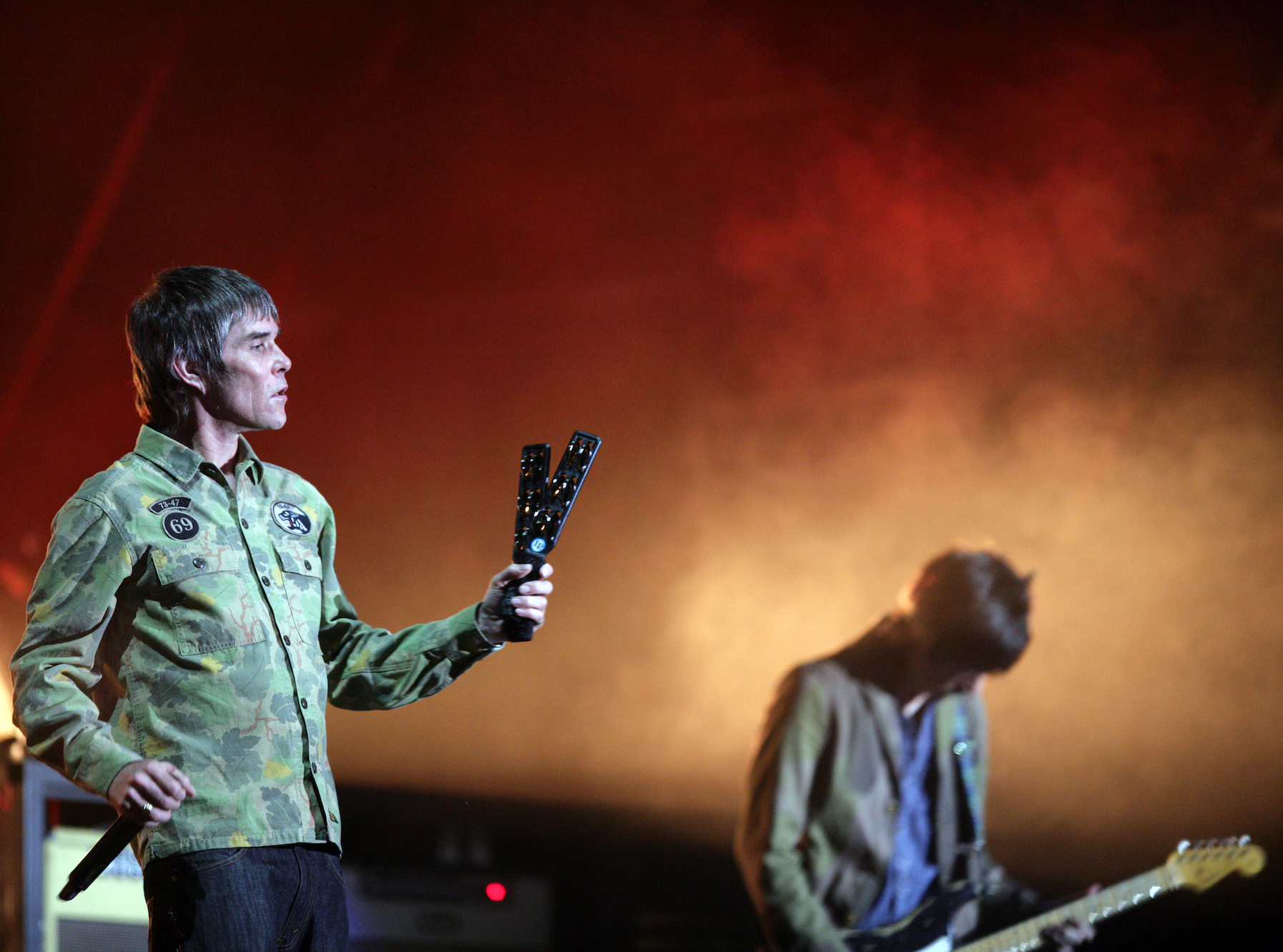Early voting is underway! Find out where to vote early in Chicago here.
The CHIRP Blog
CHIRP Radio writesCHIRP Radio Weekly Voyages (July 31 - Aug 6)
Upcoming Events:
- Tuesday Aug 1: CHIRP Night at the Whistler Cordoba and Sopphire
- Saturday Aug 5 - Sunday Aug 6: CHIRP is a media sponsor for Thirsty Ears 2023
- Tuesday Aug 8: CHIRP DJ Night at The Native
- Thursday Aug 10: CIHRP Radio welcomes Bully to Thalia Hall
- Tuesday Aug 15: CHIRP Radio welcomes The Clientele to Lincoln Hall
- Tuesday Aug 15: CHIRP Trivia Night at Beermiscuous
- Wednesday Aug 23: First Time: First Pass at Martyrs'
- Friday Aug 25: CIHRP Radio welcomes Ratboys to Schubas
Kevin Fullam writesThe Fourth Wall: Music In Movies
Welcome to The Fourth Wall, CHIRP's e-conversation on cinema. This week's subject is the use of music in movies.
This edition is written by CHIRP Radio volunteers Kevin Fullam and Clarence Ewing.

Kevin:
The one-two trumpet punches of Rocky. The orchestral explosion when the Star Wars logo hits the screen. The menacing, oh-so-cool guitar riff hallmarking the entrance of 007.
Can't imagine these films or characters without their tagline anthems, can you? Strip away the Indiana Jones theme from the titular character? Might as well take the poor guy's fedora and bullwhip as well.
Of course, the power of music in film goes well beyond rousing heroic scores. There are the sweeping strings that seemed to punctuate many Hollywood romances of yesteryear, and more recently, much ink has been spilled over the role of music in horror tales, as discordance can ramp up tension even more than the sight of a rusty machete.
To say nothing of diegetic sound* -- maybe it's not such a great idea to play a crackly Joanna Newsom record ("Sprout and the Bean" in The Strangers) when you're alone and worried about a home invasion?
[* This refers to music that's audible to the characters in the film, like when someone flips on a car radio while cruising around, or, in the case of Rachel Getting Married, when TV On The Radio's Tunde Adebimpe sings at his own wedding on screen.]
The 2016 documentary SCORE! is a great primer on the subject, but as this is a CHIRP production, perhaps we should also explore a tangential avenue and talk about the intersection of cinema and independent music?
CHIRP Radio writesCHIRP Radio Weekly Voyages (Jul 24 - Jul 31)
Upcoming Events:
- Thursday July 27: CHIRP Music Book Club discusses Jazz by Toni Morrison
- Thursday July 27 - Sunday July 30: CHIRP Radio at Out of Space
- Friday July 28 - Sunday July 30: CHIRP is a media sponsor for Wicker Park Fest
- Friday July 28: CHIRP Celebrates Ravenswood Best of Chicago wins
- Tuesday Aug 1: CHIRP Night at the Whistler Cordoba and Sopphire
- Saturday Aug 5 - Sunday Aug 6: CHIRP is a media sponsor for Thirsty Ears 2023
- Thursday Aug 10: CIHRP Radio welcomes Bully to Thalia Hall
- Tuesday Aug 15: CHIRP Radio welcomes The Clientele to Lincoln Hall
CHIRP Radio writesCIHRP Radio Weekly Voyages (Jul 17 - Jul 23)
Upcoming Events:
- Friday July 21 - Sunday July 23: CHIRP Record Fair at The 2023 Pitchfork Music Festival
- Friday July 21: CHIRP Radio welcomes Florist and Skullcrusher to Schubas (Pitchfork After Show)
- Thursday July 27: CHIRP Music Book Club discusses Jazz by Toni Morrison
- Thursday July 27 - Sunday July 30: CHIRP Radio at Out of Space
- Friday July 28 - Sunday July 30: CHIRP is a media sponsor for Wicker Park Fest
- Friday July 28: CHIRP Celebrates Ravenswood Best of Chicago wins
- Saturday Aug 5 - Sunday Aug 6: CHIRP is a media sponsor for Thirsty Ears 2023
- Thursday Aug 10: CIHRP Radio welcomes Bully to Thalia Hall
- Tuesday Aug 15: CHIRP Radio welcomes The Clientele to Lincoln Hall
DJ M-Dash writesThe Stone Roses Could Have Been the Biggest Act of the 90s
 But time, laziness, and a little arrogance got in the way.
But time, laziness, and a little arrogance got in the way.
If you listen to their 1989 debut album, you know immediately The Stone Roses had it all: the effortless cool of the Velvet Underground and the technical prowess of Led Zeppelin. And their songwriting boasted the gravitas of early U2 and the catchy melodies of The Beatles.
Even better was their sound. With vocals hooks reminiscent of The Beach Boys, The Stone Roses began to reach pop music fans.
By 1990, radio across the British Isles and U.S. college radio widely played the singles “She Bangs The Drums” and the mighty and dark “I Wanna Be Adored.” By mid-year, The Stone Roses staged their own one-band festival at Spike Island in Merseyside in front of 30,000 fans.